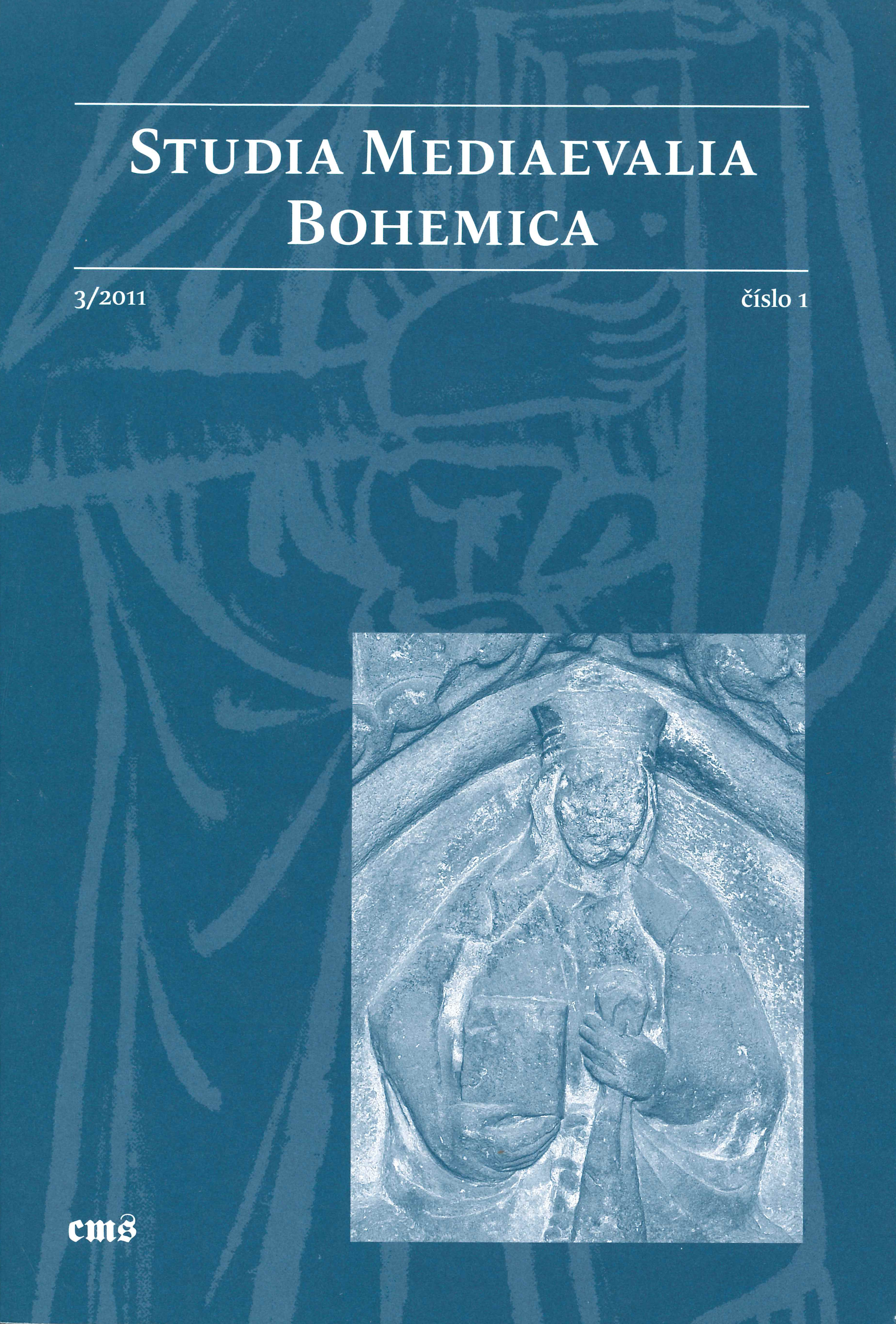Clavis scientiae et clavis potestatis. La causa Hus entre le pouvoir episcopal, universitaire et conciliaire
Clavis scientiae and clavis potestatis. Hus’ causa among the ecclesiastical, university and council powers
Author(s): Sebastián ProvvidenteSubject(s): History
Published by: AV ČR - Akademie věd České republiky - Filosofický ústav
Keywords: John Hus; Council of Constance; ecclesiology
Summary/Abstract: The Schism from 1378 evoked an essential need for a redefinition of doctrinal authority within the church. One of the aims of this study is to show that the Council of Constance did not condemn Hus’ theses only from the doctrinal perspective but also endeavoured to consolidate a certain modus procedendi in relation to the scholar’s heresy. In the context of Hus’ cause, it is evident that the doctrinal questions had great gravity in the eyes of the council fathers. Most likely for the reason of this great attention being paid to the theological aspects, attention was not paid to the fact that in parallel with the condemnation of Hus’ theses some of the main representatives of the council endeavoured for the consolidation of a certain modus procedendi in the cases of the processes whose beginning can be found within the universities. Both in the case of Wycliffe and in the case of Hus, the council confirmed the previous condemnation of university instances in accord with ecclesiastical power. The promise of a public hearing of Hus aroused great disorder, because in that two entirely opposing evidential principles clashed, the theological and legal. The basic problem was in the question of how to define the relation between the two authorities: the Holy Scripture and the Church. The schism from 1378 and general inquiry about the principles in the instances of ecclesiastical power aroused a renewed interest in this problem. Nevertheless, in the thought of some significant council fathers, the principle appeared that auctoritas ecclesiae should serve as a guarantee of the proper interpretation of the Bible. Besides the ambiguity between the two evidential principles (legal and theological), the core of the dispute between Hus and the council fathers lay precisely in this ecclesiological problem. A significant role in the legal course of Hus’ process was analogically played also by the question of the infallibility of the council.
Journal: Studia mediaevalia Bohemica
- Issue Year: 3/2011
- Issue No: 1
- Page Range: 69-93
- Page Count: 24
- Language: French

